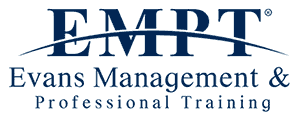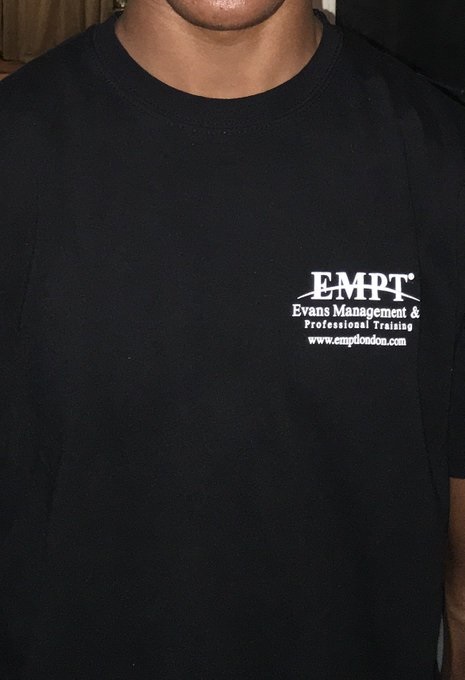Learners who attempt to achieve the Level 5 Diploma in Leadership for Health and Social Care and Children and Young People’s Services (England) come from a range of leadership backgrounds including:
- Registered Managers
- Managers
- Assistant managers
- Deputy managers
- Senior care/support workers/supervisors
- Co-ordinators
- Team leaders
Health and social care and children and young people’s services also include:
- Residential services for older people, people with disabilities, younger adults, children and young people
- Domiciliary care services
- Day services
- Respite services
- Community based services
- Adoption and fostering services
City and Guilds (2019)
To achieve the Level 5 Diploma in Leadership for Health and Social Care and Children and Young People’s Services (England) Award learners must demonstrate the requirements of unit 503, Champion equality, diversity and inclusion (SHC53). Participating learner’s knowledge, understanding and skills of whole systems approach to equality, diversity and inclusion are therefore assessed by appropriately qualified individuals.
The unit explores models of practice and requires demonstration of skills and understanding of systems and processes. Learning outcomes for unit 503 include learners being able to champion diversity and inclusion as well as analysing the potential effects of barriers to equality and inclusion in own area of responsibility, analysing the impact of legislation and policy initiatives on the promotion of equality, diversity and inclusion in own area of responsibility including:
- Promoting equality, diversity and inclusion in policy and practice, challenging discrimination and exclusion in policy and practice and providing others with information about:
- the effects of discrimination
- the impact of inclusion
- the value of diversity
Learners must also show they understand how to develop systems and processes that promote diversity, equality and inclusion including being able to champion diversity, equality and inclusion (an more) and must be able to champion diversity, equality and inclusion. When completing this course learners should therefore be able to
- analyse how systems and processes can promote equality and inclusion or reinforce discrimination and exclusion
- evaluate the effectiveness of systems and processes in promoting equality, diversity and inclusion in own area of responsibility
- propose improvements to address gaps or shortfalls in systems and processes
Some relevant practice standards are as follows:
- National Minimum Fostering Standards (2011). Standard 2 – Promoting a positive identity, potential and valuing diversity through individualised care. Target outcome: Children have a positive self-view, emotional resilience and knowledge and understanding of their background.
- The Children Act 1989, Guidance and Regulations, Volume 4, 3.46. Foster carers should be informed, trained and confident about dealing with issues relating to gender, religion, ethnic origin, cultural background, linguistic background, nationality, disability or sexual orientation, and be able to involve external professional advice and support as necessary. They also need to be able to balance the individual needs, wishes and preferences of the individual child with those of others in the household. Foster carers should always be sensitive to gender issues, especially when caring for children and young people of the opposite sex.
- The Children Act 1989, Guidance and Regulations, Volume 4, 3.47. Foster carers should be supported to help individual children and young people cope if they are subject to discrimination, marginalisation or ridicule from their peers by virtue of their gender, religion, ethnic origin, cultural background, linguistic background, nationality, disability, sexual orientation or looked after status.
- The Children Act 1989, Guidance and Regulations, Volume 4, 5.8. The fostering service must ensure that the fostering panel has sufficient members, and that individual members have between them the experience and expertise necessary to effectively discharge the functions of the panel. As far as is practicable, panel membership should reflect the issues under consideration, and so should as appropriate include people with experience of fostering, education, short break care and family and friends care, be gender balanced and reflect the diversity of the local community.
- Training Support and Development Standards for foster Care, 1.2 Equality, inclusion and anti-discriminatory practice
a Understand the different types of prejudice and discrimination which can affect a children and young people.
b Understand why it is important to provide care which respects and preserves each child’s ethnic, religious, cultural and linguistic background.
c Demonstrate how you support and encourage children and young people to develop skills to deal with discrimination, enhance self-worth and make a positive contribution.
- TSD 8 Supporting disabled children and children with special educational needs
a Understand the social model of disability and what it means in relation to your work as a Foster Carer.
b Have a broad understanding of the needs of children and young people who are disabled or have learning difficulties.
c Understand the need to adapt activities and experiences so individual children and young people can take part.
d Understand how you might support children and young people with special educational needs, and their families.
1.5 Recognise differences across diverse communities and challenge the impact of disadvantage and discrimination on people and their families and communities.
1.6 Promote social justice, helping to confront and resolve issues of inequality and inclusion.
3.7 Recognise where there may be bias in decision making and address issues that arise from ethical dilemmas, conflicting information, or differing professional decisions.
3.14 Assess the influence of cultural and social factors over people and the effect of loss, change and uncertainty in the development of resilience.
Training Support & Development Standards for foster care and the Social Model of Disability (5.8 a)
Equality and inclusion and cultural identity Presentation 2020 Final www.emptlondon.com Web Copy V2
Why not try the EMPT free downloads: https://www.emptlondon.com/information-and-file-downloads/

